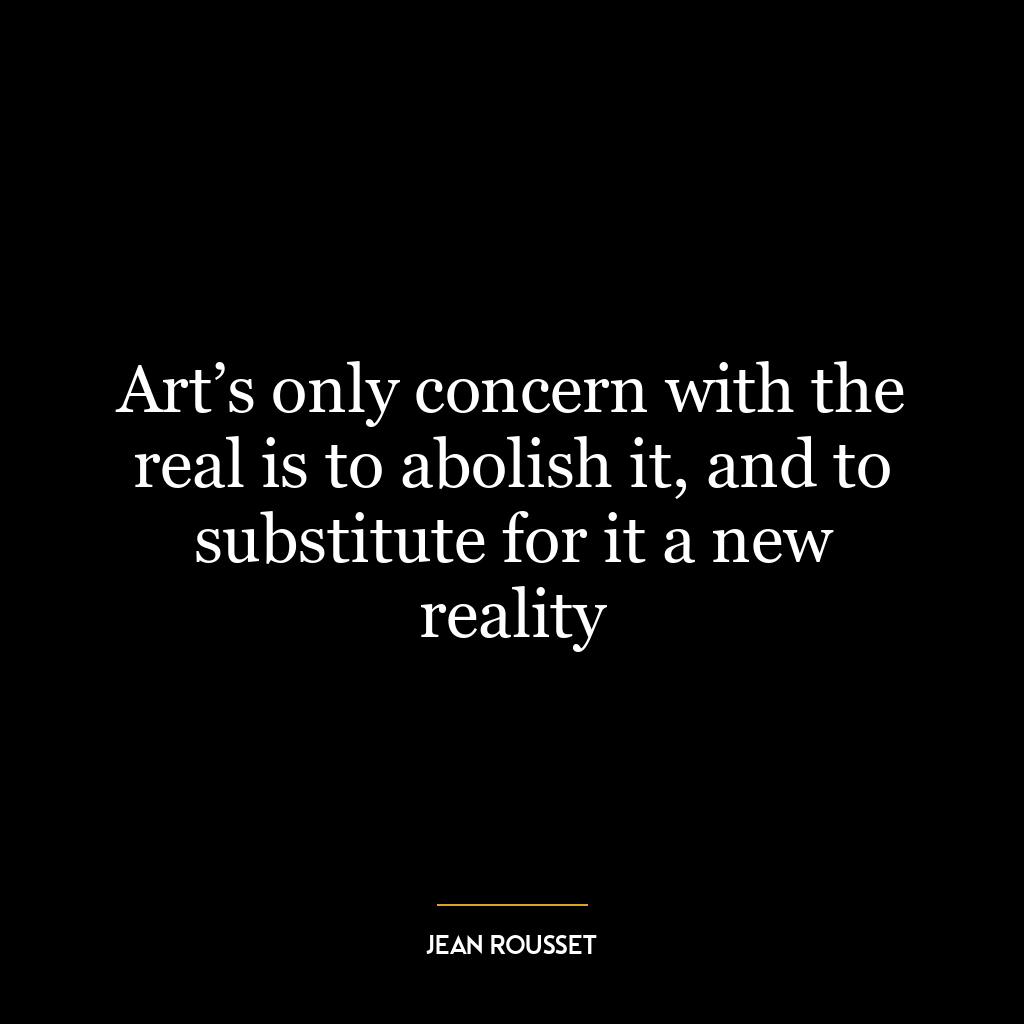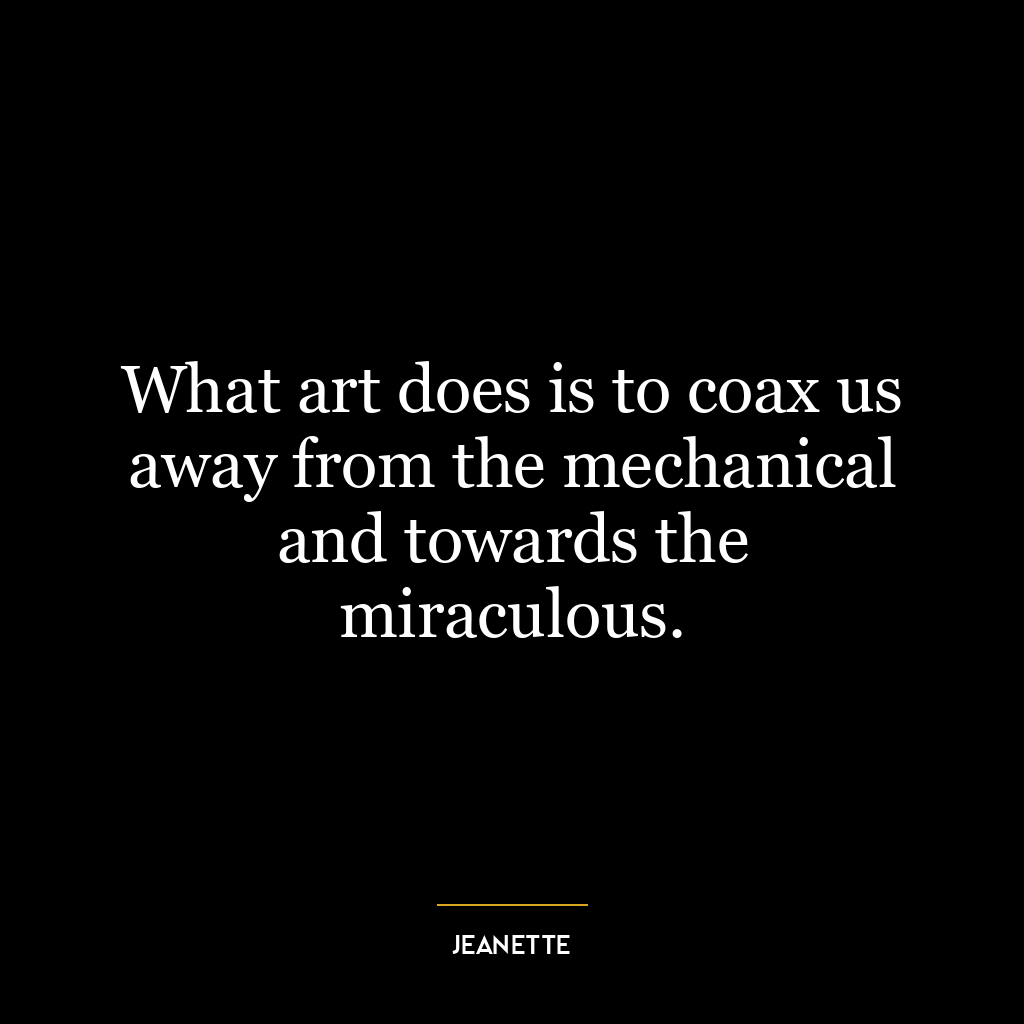This quote metaphorically illustrates the power of readership and intellectual engagement. A mausoleum, typically a building that houses tombs, is often quiet, solemn and static. It is a place where things are preserved but not necessarily engaged with or brought to life. In contrast, theaters are dynamic places full of action, emotion, interpretation and interaction – they’re alive with stories being told and experienced.
When Cooley says “Readers transform a library from a mausoleum into many theaters,” he’s suggesting that books in a library are like dormant entities until they’re picked up by readers. Each reader brings their own perspective and imagination to the words on the page, effectively bringing them to life much like actors on stage in a theater. Every book can be seen as its own theater with unique stories unfolding within different reader’s minds.
In today’s world where digital media often takes precedence over traditional forms of reading, this quote still holds relevance. Whether it be an e-book or physical book doesn’t matter; what does matter is the active engagement of the reader in interpreting and experiencing those words.
In terms of personal development, this idea underscores how essential active reading can be for growth. Rather than passively consuming information or entertainment from screens without much thought or imagination involved – turning us into spectators rather than participants – actively engaging with books can expand our perspectives, challenge our beliefs and foster creativity by making us partakers in many ‘theaters’ of human experience.
Moreover it emphasizes how every individual has their unique interpretation hence each person’s understanding creates new meanings thereby enriching literature as well as fostering diversity in thought process which is crucial for personal growth.












